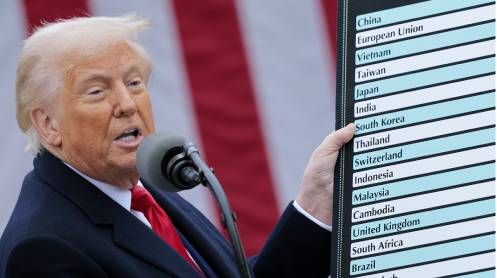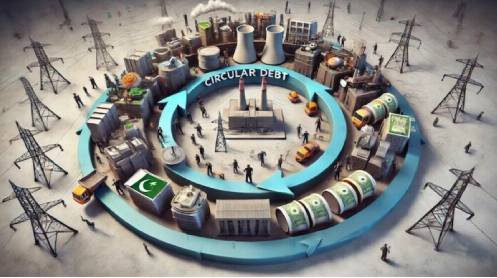In the wake of this year’s monsoon flooding of Biblical proportions, due to which some districts of Sindh and Balochistan are still inundated, calls for climate justice by the incumbent government at international forums have grown.
The Ministry of Climate Change (MOCC) in a press briefing released harrowing data regarding the impact of long-term shifts of temperatures and weather patterns on Pakistan, which is responsible for less than 1% of the world’s carbon emissions. During the last two decades the country has experienced 152 extreme events, triggered by climate change, of which the recent catastrophic floods are one.
As per the ministry, there has been a 300% increase in glacial lake outburst flood (GLOF) in one year alone. Furthermore, the high intensity heatwave persistence has increased to 41 days per year and Pakistan has had the hottest cities in the world for 3 straight years now. The statistics released by the ministry also show that the country is likely to hit absolute water scarcity by 2025 – 3 years from now. Apart from a lack of water, food insecurity is also expected to rise from 40% to 60% by 2050.
On the other hand, the predicted rise of the sea-level, by 2 to 3 feet, along the coast threatens the very existence of cities like Thatta, Badin, and the country’s most populated city, Karachi – this is likely to trigger a threefold increase in climate induced migration from 0.7 million to 2 million by 2050.
Given the myriad of climate change related crises that await Pakistan, the federal government is now planning to highlight the country’s precarious position at the 27th Conference of the Parties (COP) to be held in Egypt later this month. The COP is a summit attended by countries which are signatories to the United Nations Framework Convention on Climate Change (UNFCCC).
Presently, Pakistan, along with other developing countries, is on the front line for advocacy for matters like implementation of promises made in past conferences, developing transparent mechanisms for climate financing, creation of dedicated loss and damage (L&D) finance facilities, and increased funding for climate adaptation.
The Federal Minister for Climate Change, Sherry Rehman, speaking on the matter, said that the government planned to bring up promises made in prior conferences. “There was a promise, back in 2009, that $100 billion per year would be collected for climate financing but this has been largely ignored. Similarly, there was a promise to cut down on fossil fuel consumption by big polluters,” Rehman said.
The minister further said that this COP was especially important for Pakistan as the Prime Minister (PM) would make a speech during the World Leaders Summit and Pakistan would also jointly chair a high-level roundtable with the PM of Norway on the theme of “climate change and the sustainability of vulnerable communities.”
Rehman was also of the view that climate change had been ignored for a long while in Pakistan and often not taken as a serious issue. “Climate change is very real; it is impacting lives as we speak. We must take it seriously, if not for our sake then for the sake of our future generations,” Rehman remarked while addressing the press briefing.





